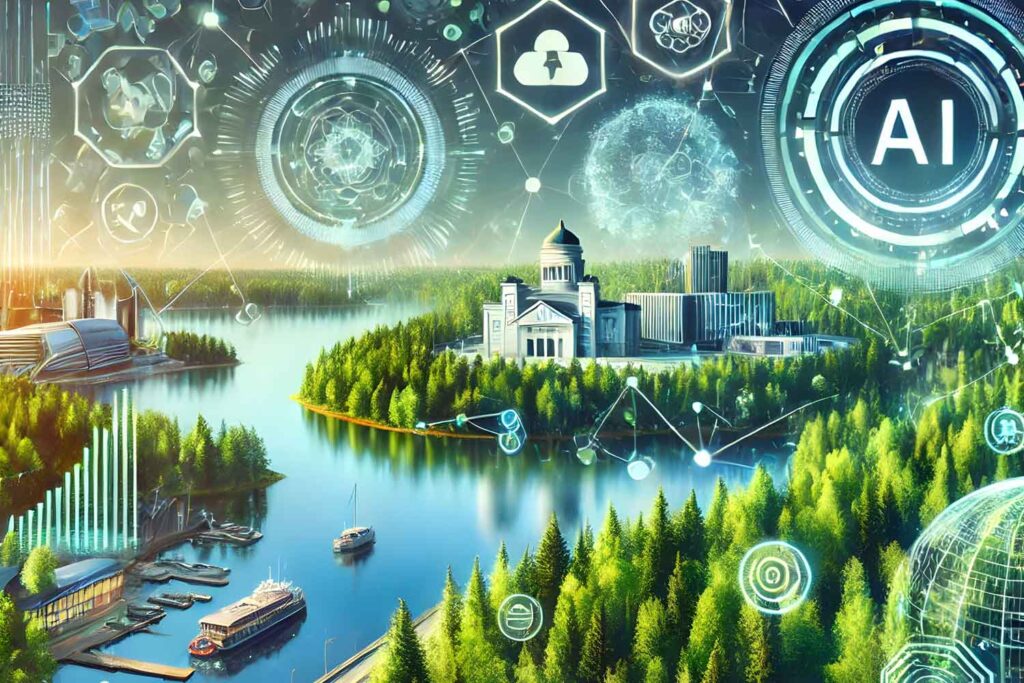“We are at an inflection point. The post-Cold War world has come to an end, and there is an intense competition underway to shape what comes next. And at the heart of that competition is technology.” Anthony Blinken, 17 October 2022
ICT and Great Power Politics
Technology has become a central element in the competition between great powers. Information and communication technology (ICT), in particular, is expanding its role. What was once a tool for everyday life has now also become an instrument of great power rivalry. As the importance of ICT expands, great power politics increasingly hinges on the technological choices made by individual citizens.
Disruptive technologies—technologies that alter existing operational models—typically leverage data more efficiently. The development and expertise of these technologies often reside in the private sector. Consequently, states find themselves in a novel situation where the increasingly crucial tools of great power competition are not directly under their control.
Our lives are increasingly dependent on ICT, its networks, and the information and data flows transmitted through these networks. Those who can best utilize these flows and their contents will gain an advantage over others. This competition occurs at the levels of states, various organizations, and individuals. The array of tools available to these actors is continuously expanding through cheaper and more efficient technology.
At the same time, the structure of international politics is becoming more complex, emphasizing the role of networks. In particular, the different dependency relationships within networks have become focal points of examination. The manipulation of these relationships within a network constitutes an exercise of power and the weaponization of dependency.
This also implies an expansion of geopolitics. This expansion does not mean that ‘traditional’ geopolitics has less significance, on the contrary. Yet, we require not only a topographical analysis, which is based on maps and geography, but also a profound understanding of the power dynamics within networks – a topological perspective. Both are necessary, neither alone is sufficient.
Implications for Finland
As ICT becomes increasingly intertwined with great power politics, we are compelled to consider the effects. For states, while ICT offers efficiency, it also creates new modalities of action. For instance, as states become more reliant on corporations, it is essential to contemplate new models of collaboration.
From Finland’s perspective, the situation is less than ideal. Neither Finland nor the EU can compete on equal footing with the USA and China. We must consider what is realistic for Finland, considering factors such as the size of investment budgets and the quantity and quality of expertise. What are our strengths when technology, which was once ‘innocent’, is now part of great power politics?
Furthermore, the government must ensure that contingency plans consider the challenges posed by new technologies. We know that state actors exploit information flows to influence political discourse in other countries. This problem was already significant in the early days of social media. It can be assumed that it will only grow as disruptive technologies become more widespread.
Original article in Finnish can be found in the Maanpuolustus (National Defence) magazine.

Valtteri Vuorisalo


